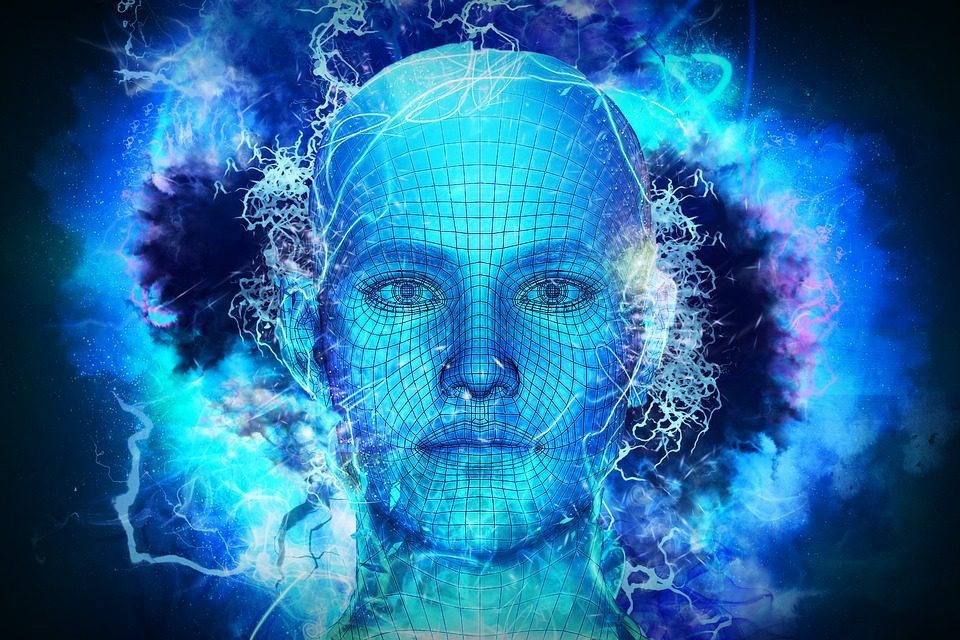
Artificial intelligence refers to programming that allows certain characters in video games to act as though they were being controlled by a human or like they have their own mind. Technology makes games more immersive by making games more creative and interactive.
This post examines how AI affects the gaming industry and what the games offer players. Let’s dig in!
Enhanced interactivity
AI is critical in opening up the possibilities of player and software interactions. Game developers deploy AI systems in games to study and learn individual players’ patterns to deliver a tailored response to enhance their experience.
An excellent example is Monolith’s use of AI elements. The algorithm called “Nemesis AI” is designed to allow opponents in the game to learn a player’s unique combat patterns and style. It also learns the instances the players fought. These opponents reappear later in the game but are harder to fight because they can recall your moves.
Online casino operators also use AI to identify unhealthy patterns before they become an issue. Online casino gambling is prevalent in many places around the world. For instance, India is emerging as a famous gambling nation, with millions of people wagering daily. There are top online casinos https://www.gambleonline.co/en-in/casino/real-money/ players can visit. Most of these top casinos use AI to detect addiction in players. They use AI software to develop a “safety net” for players who seem most at risk.
Better Graphics
The gaming industry has been yearning for better graphics for a long time. Luckily, AI has helped push the limits of what game developers can achieve. First, developers can use machine learning to create new textures on the fly. With sufficient processing power, it can be achieved in real-time as the player navigates the digital world. They can also handle lighting and reflections more realistically.
AI also helps with facial expressions. Automated systems can produce and animate authentic human faces if provided with enough data. This saves us the trouble of having to record and store facial animations.
Faster Development
As you enjoy the game’s graphics and interactivity, it would help to remember that it took time to develop. It takes a lot of time and effort to develop a well-coded and well-thought-out game which translates to higher costs. AI offers tools such as procedural generation that help automate the parts that take more time and effort to develop. An example of such a part is asset production.
This ability frees up human developers and artists to focus on other significant parts of the game. Furthermore, automating asset production also opens the way for new games.
Final Thoughts
Is AI integration in gaming there yet? Well, AI integration in gaming is still in its initial stages. The current implementations show how robust AI-based systems can be. However, despite the number of implementations, there is still a long way to go.
Remember, AI implementation is only as good as the data they are trained with. Moreover, they need a massive amount of data. In this sense, the gaming industry must produce, source, and store a lot of reliable data to train their AIs before they are used in games. Developers also have to find out how to code and train AIs and the level of sophistication they can use for the games to be playable on gaming PCs.
Be that as it may, AI will continue to be integrated into modern games. Experts expect that the level of sophistication and AI implementation will increase in the coming days.




